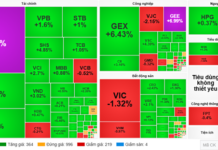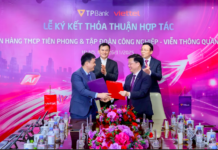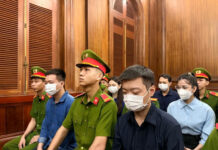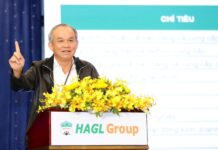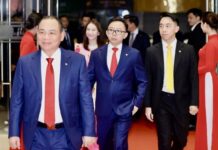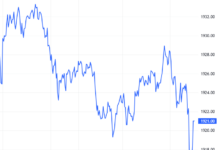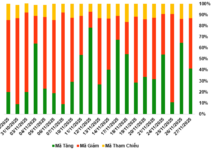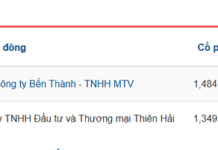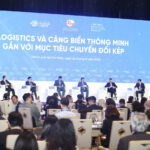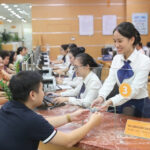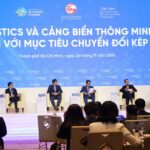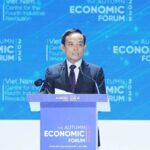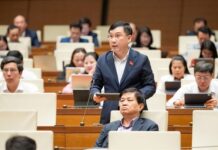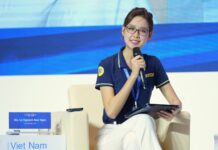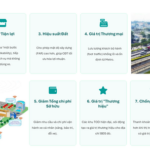The Youth Inspiration Talks, themed “Intelligent Generation NOW,” took place on November 25 as part of the Autumn Economic Forum 2025 in Ho Chi Minh City. This event spotlighted Vietnam’s youth as key drivers in crafting a smart and sustainable future.
Attracting 500 participants from universities, startups, youth-led enterprises, and research institutions, the forum fostered dialogue with global entities like the World Economic Forum (WEF), UNESCO, and the UN. The goal? To bridge gaps and forge solutions for Vietnam’s advancement.
This year’s program centered on the question: “What will this generation do to shape the future?” It provided a platform for dialogue, idea exchange, and collective action.
Leadership’s Vision for the Next Generation
Deputy Prime Minister Bui Thanh Son emphasized Vietnam’s position at the cusp of a breakthrough in AI, green transformation, and digitalization. With a population exceeding 100 million, particularly a youthful demographic marked by intelligence and ambition, Vietnam holds immense potential.
To achieve its vision of becoming an upper-middle-income nation by 2030 and a high-income country by 2045, Vietnam is implementing transformative policies in science, technology, innovation, and digital transformation. “Young people, the future stewards of our nation, are at the heart of these initiatives, embodying our trust and expectations,” stated the Deputy Prime Minister.
Reaffirming Vietnam’s commitment to nurturing young talent, he urged Vietnamese youth to embrace entrepreneurship for both personal and national growth. He expressed confidence in their ability to deliver a “green, peaceful, and prosperous Vietnam” in the digital age.
Nguyen Van Duoc, Chairman of the Ho Chi Minh City People’s Committee, hailed today’s youth as the Intelligent Generation NOW—digital natives equipped with advanced skills, open-minded thinking, and a proactive spirit. He underscored their role as core partners in building a modern, globally integrated urban center.
“I am confident that the Intelligent Generation NOW will uphold the legacy of their predecessors and showcase Vietnam’s intelligence, resilience, and creativity on the global stage,” Mr. Duoc remarked. “The city is dedicated to fostering an environment where young talent can thrive.”
Stephan Mergenthaler, Managing Director of WEF, shared global insights into the digital era, urging Vietnamese youth to prepare for the future of work. Citing the WEF’s Future of Jobs report, he noted that while human-driven tasks currently comprise 47% of corporate duties, by 2030, 39% of core skills will evolve, demanding capabilities many workers lack today. Technology, he stressed, will not replace humans but will redefine uniquely human skills like creativity, resilience, and lifelong learning. Collaboration between humans and machines is critical, with 62% of companies seeking AI-proficient employees.
Jonathan Wallace Baker, UNESCO’s Chief Representative in Vietnam, highlighted that youth are not just adapting to technological shifts but are actively shaping the future economy and emerging technologies.
Amplifying Young Voices
During the “Voice of the NOW” session, six young Vietnamese leaders engaged with WEF and UNESCO representatives. Le Nguyen Bao Ngoc, Founder of Gen Zero, addressed digital inclusion for marginalized groups and the role of multi-stakeholder partnerships in ensuring equitable AI access.
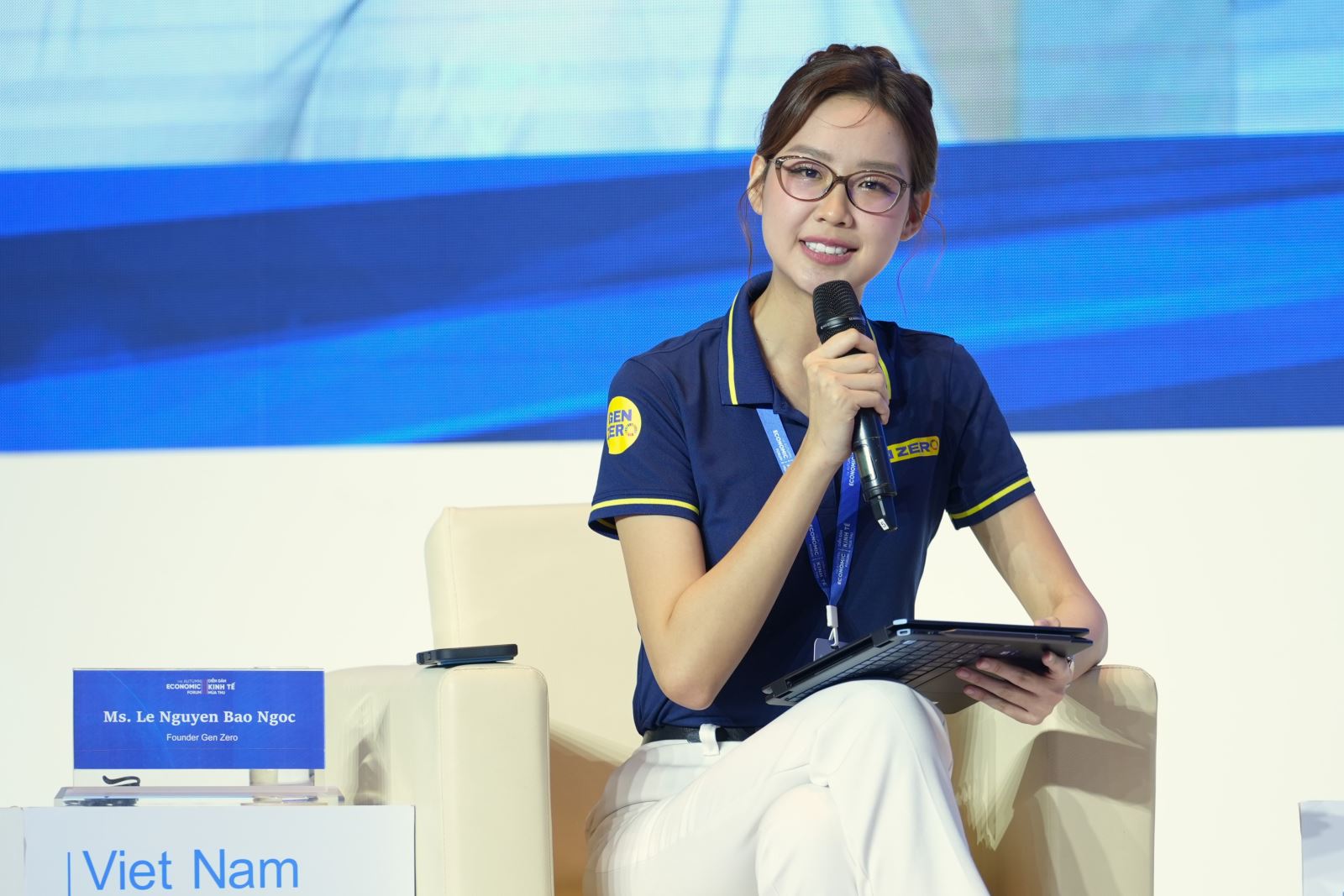
Mr. Mergenthaler emphasized that digital inclusion must be central to Vietnam’s digital transformation, encompassing both technical and “soft” infrastructure like digital literacy. He advocated for integrating women, people with disabilities, and marginalized groups into national strategies from the outset.
On collaboration, he urged institutions to “meet young people where they are,” leveraging youth-led platforms and creative channels. Networks like Global Shapers were highlighted as vital connectors between communities, policymakers, and international organizations.
UN representatives reiterated that inclusivity is a core mandate of UN, UNESCO, and WEF initiatives, with youth networks playing a pivotal role in global dialogues.
Addressing concerns about AI over-reliance, Mr. Mergenthaler stated, “AI is a tool to enhance thinking, not replace it.” The key lies in combining human judgment with machine intelligence—an area where youth excel due to their adaptability.
Forging University-Industry-Government Partnerships
The event witnessed the signing of an MoU between RMIT University Vietnam and the Ho Chi Minh City Center for the Fourth Industrial Revolution (C4IR HCMC), marking a long-term collaboration in smart city development and R&D.
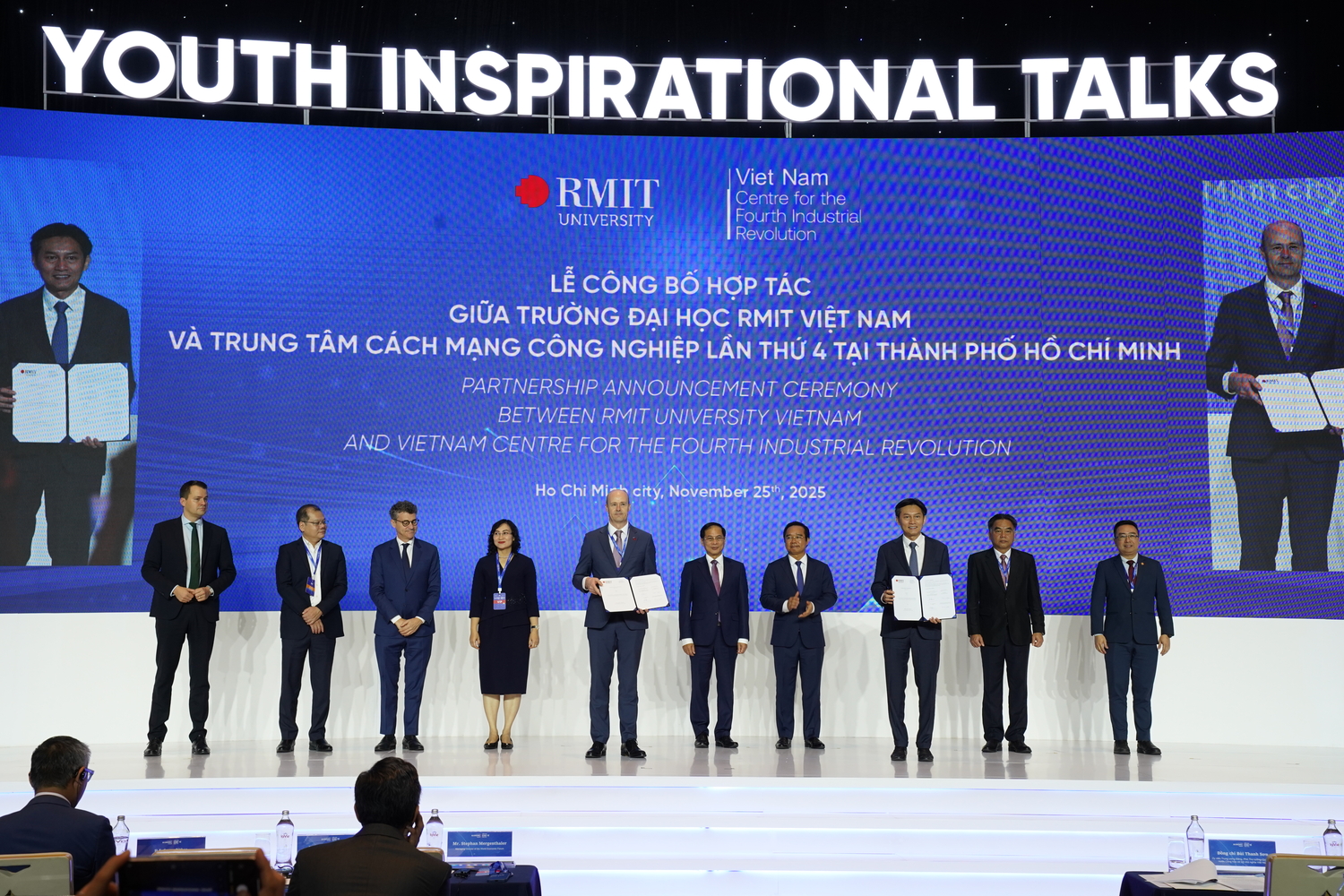
Professor Scott Thompson-Whiteside, Pro Vice-Chancellor and General Director of RMIT University Vietnam, highlighted the MoU’s role in fostering strategic partnerships. “Our shared goal is to support Ho Chi Minh City’s vision as a hub for smart, inclusive, and sustainable growth,” he said.
The partnership will harness RMIT’s academic expertise, research capabilities, and global network to deliver solutions aligned with the city’s priorities. By linking policy, technology, and education, it aims to cultivate high-quality human resources for Vietnam’s future.
RMIT is also collaborating with C4IR HCMC on the “Youth Inspiration Talks,” encouraging young Vietnamese to actively shape a smart and green future.
Professor Thompson-Whiteside noted that the MoU establishes a framework for cooperation in smart urban development, talent cultivation, sustainability research, and emerging technologies. “We plan to develop initiatives that enhance the city’s innovation ecosystem, from research programs to training activities equipping youth with future-ready skills,” he added.
Both parties will explore co-organizing international conferences, fostering knowledge exchange, technology adoption, and stronger government-academia-industry cooperation. These efforts aim to accelerate Vietnam’s digital transformation and long-term development goals.
Professor Thompson-Whiteside emphasized RMIT’s mission to bridge education with industry and societal needs. Under the MoU, RMIT will deepen collaborations through joint research, industry-engaged learning, and innovation environments, directly contributing to Ho Chi Minh City’s growth.
“These initiatives ensure academic knowledge translates into real-world impact, driving Industry 4.0 adoption and advancing the city’s development goals,” he concluded.
Empowering Youth: Shaping a Smart and Sustainable Tomorrow
At the Autumn Economic Forum 2025, Vietnam’s youth emerged as the driving force behind the nation’s green and digital evolution in the age of artificial intelligence. Recognized for their pivotal role, this generation is poised to lead the transformation, shaping a sustainable and technologically advanced future for Vietnam.
Unlocking Vietnam’s Potential: The Rise of Smart, Sustainable Green Ports
Vietnam and Ho Chi Minh City hold immense potential to develop green ports, smart ports, and emerge as a regional logistics hub, according to domestic and international experts. However, realizing this vision requires significant breakthroughs in infrastructure, human resources, and regional connectivity.
Banking Sector Hit by Widespread Layoffs
In the midst of a robust digital transformation, banks are undergoing significant workforce reductions. Experts suggest that as the year progresses, these cuts will extend across more institutions, not as a sign of decline, but as a strategic preparation for an upcoming growth cycle.

